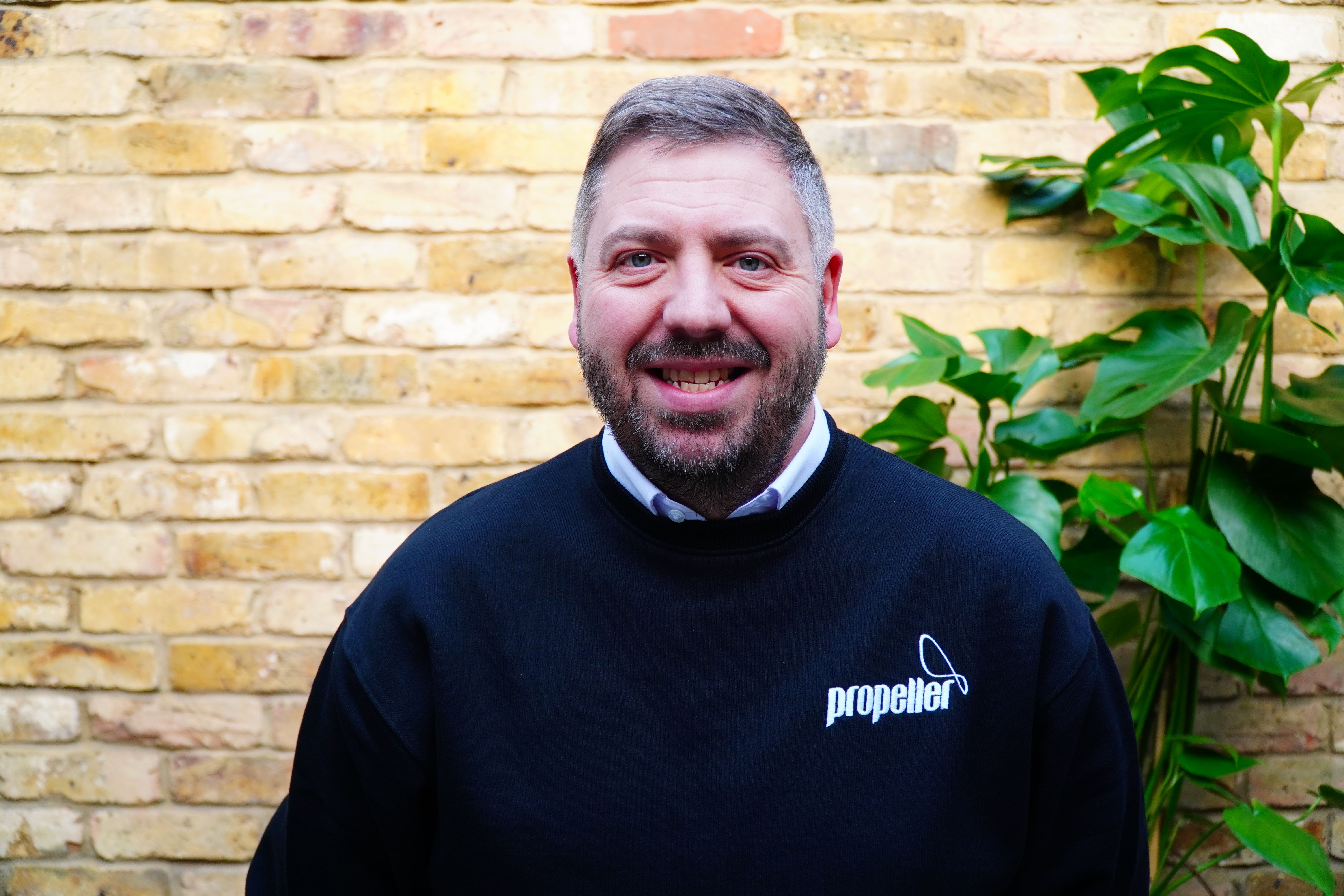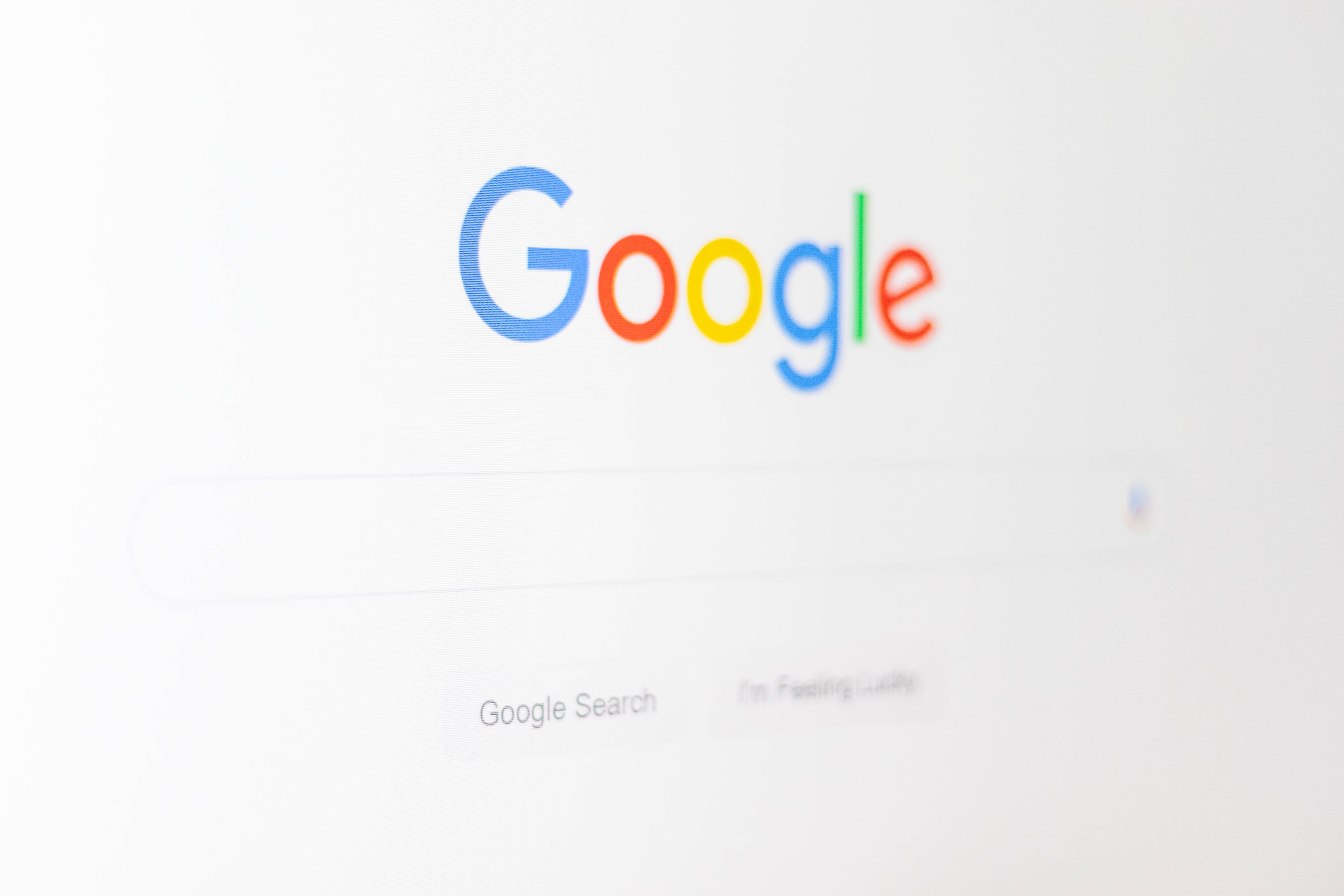Let’s start with the basics – why is search engine optimisation so important to a brand or business’s success?
SEO allows us to enhance how a website is performing and being perceived. Not only is it a great way to build a brand’s reputation but as customers we know that if a brand is appearing at the top of the results, we will make assumptions about how trust worthy they are.
How does google deal with local searches – are the results that you search in London the same as they would be in New York?
Generally speaking SEO has the same rules around the world, although it depends on who and where you are targeting. For example, a local SEO strategy VS a Global strategy would be a lot different. It really depends on the size of the audience, who and where you are targeting. If you are say McDonalds or some sort of global brand, the type of SEO you’d employ on a franchise in say Covent Garden, would be very different to how you’d put SEO on your global website for everyone in the world.
How has it changed over the years?
It’s constantly evolving! Search engines work non-stop to crack down on things like spam and low quality traffic. Google in particular uses algorithms to improve our online experience by serving up the most relevant results, which is of course why we do everything we can to be top of that list.
We talk about google a lot but what about other search engines, how big a part do they actually play or….not?
We have been looking into this a lot recently and Google definitely does drive the traffic to the majority of our clients. But you do have to bear in mind that the other search engines realistically have the same principles.
Speaking of global brands, how do you account for different languages, do you think there are opportunities to be had by using translated key words or would google see translated content as duplicated content? but really, how smart is google?!
According to Google’s own SEO blog – it’s hard to determine geotargeting on a page by page basis, so it makes sense to consider using a URL structure that can easily segment parts of the website for localisation. In simpler terms, as long as you clearly structure your website architecture for geotargeting and split it up via a separate URL or domain, Google will look favourably on it.
Back onto duplicate content, why is it bad, what effects have you seen?
Google uses a lot of algorithm packs, one of the oldest is the Panda and Penguin, which love perfectly written, well executed content. The idea being, if you are a reputable business you won’t have copied and pasted content – either within your own site or from other people’s. And again, you know, it’s not just about Google, it’s about the user. Duplicate content would lead to negative user experience as you’d be wasting someone’s time who is looking for fresh engaging content.
So how would google decide which is the content creator rather than the content copier?
A lot of the time Google will know which one was cached first. If it was an issue, the original might get in touch with the other company and just ask them to kindly remove the content, so we’d do it that way.
And how would I find out if someone’s copied my content?
There is a tool actually for this, called CopyScape. You put in your URL and then it searches for similar content online. You can also set up alerts in Google Analytics.
And what recommendations do you have for content in general?
So you definitely need a formula and there are key things to include. Engaging, valuable content, providing user slick experience is essential. A site that is quick to load, and its degree of shareability through social. Oh and of course a Mobile Responsive website! Really, it’s a perfect balance between what the client can do and what we can do as a digital agency. Some technology improvements potentially as well as content refreshes. It all works together – we work with great content from the brands and businesses we partner with and we work to make sure we’d do the tech behind it.
Essentially what we are saying is SEO is not just about the keywords. It’s a balance of relevant content to your business offering, strong URL structures, images and video, a robust and technologically advanced site and of course optimised for mobile devices.
It’s not just what the page looks like, it starts from the structure of the site. When we build a site we work with a strict set of regulations and adhere to best practice, but we do need to work with our clients to make sure everything’s still relevant. So if you’re the Covent Garden restaurant, do you still serve pasta? If you have new offers or menus, are these on the site? Everything needs to be up to date in terms of the content. And when it comes to the technology and changes to Google’s recommendations, we can help with that.
Why are SEO health checks so important?
As a business you’ll want to do regular ‘SEO health checks’ to make sure you’re still hitting those benchmarks. It might not mean big structural changes – a few tweaks can go a long way. But it’s important that we do an audit to identify the areas that need improvements – we’d put this in a report and then work through it with the client.
If you’re looking for your next SEO health check, get in touch here





